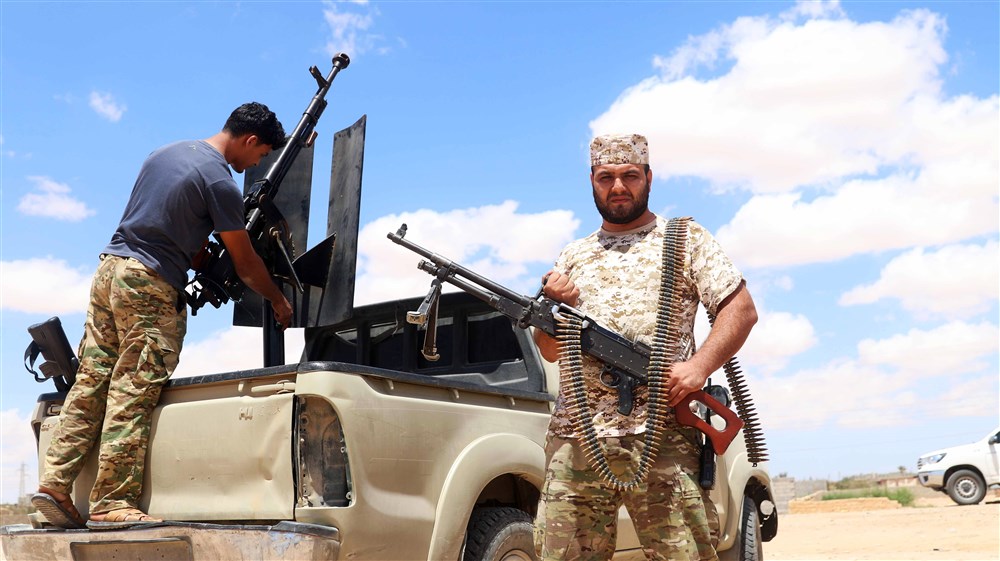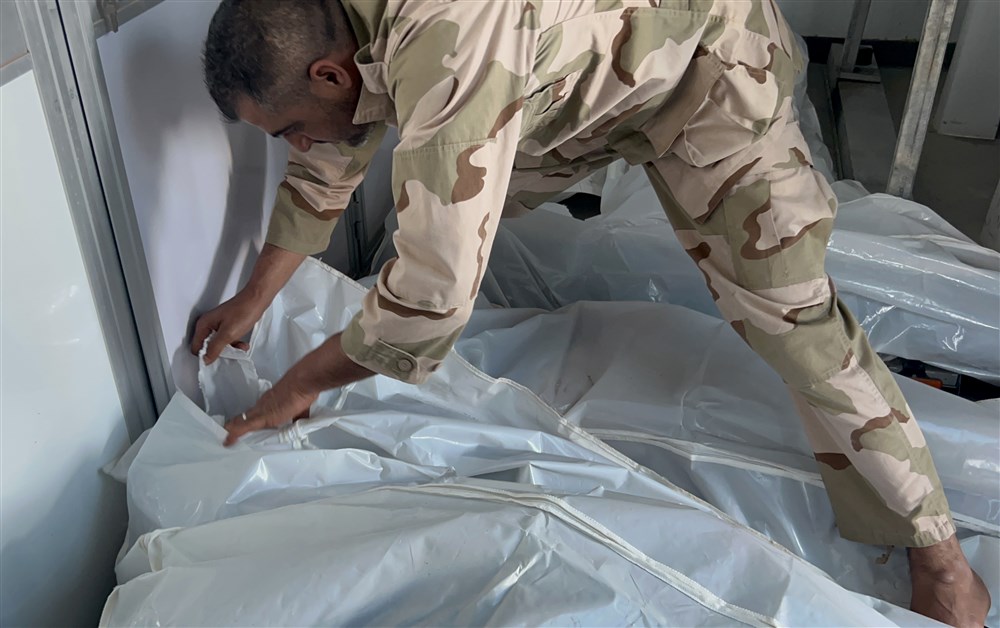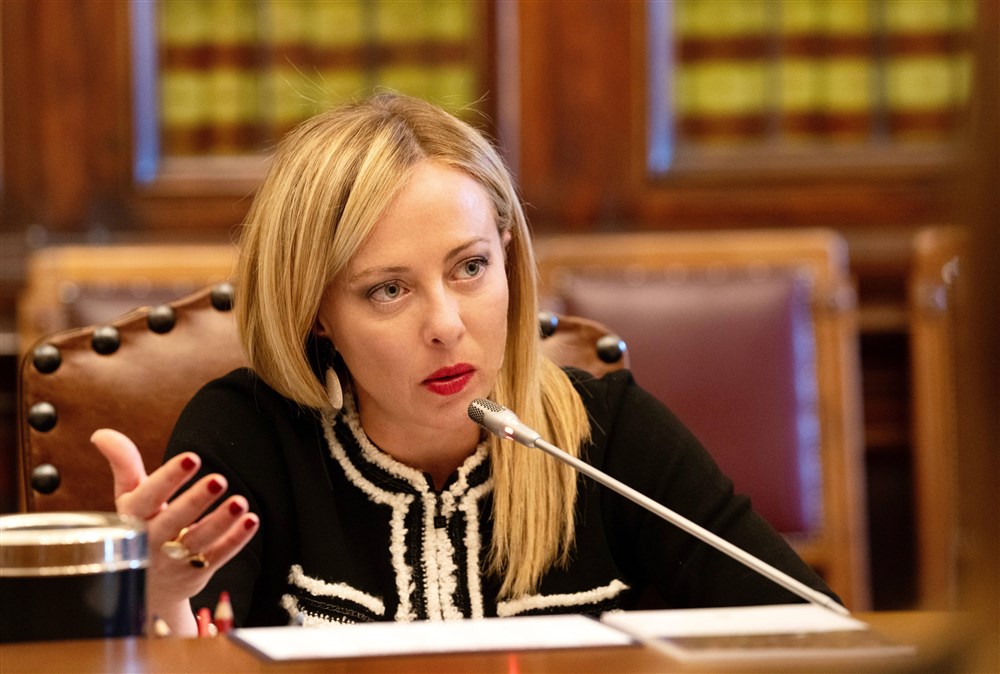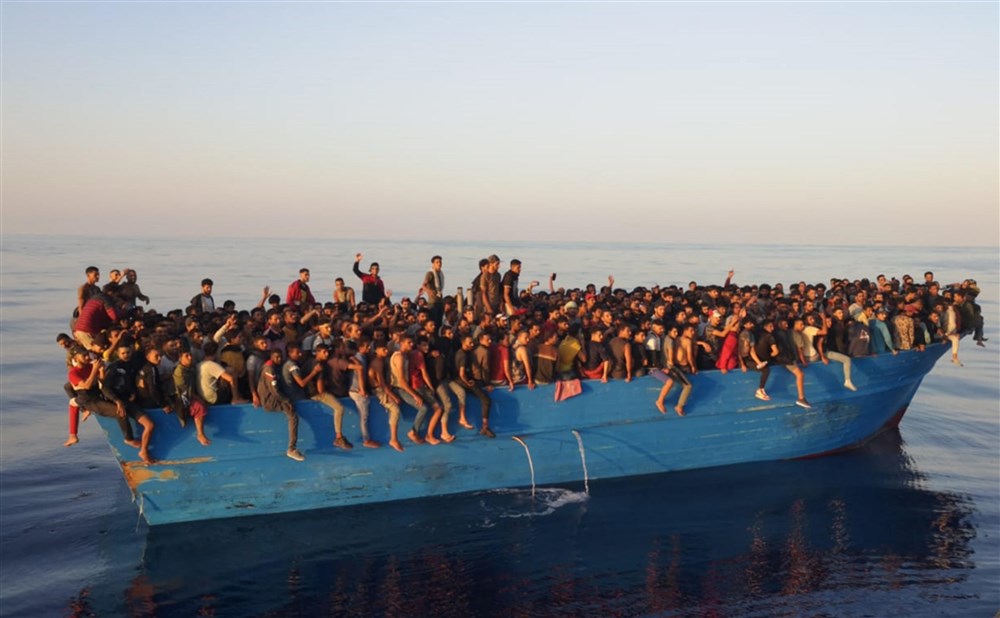Italian head of state Sergio Mattarella said on April 18 that the EU needs to revise its migrant treaties so that arrivals are handled jointly rather than by single, often overwhelmed Member States. Mattarella, the liberal-leaning President, stands at odds with Prime Minister Giorgia Meloni, who wants a hardline stance and a naval blockade.
Rather than ending the influx of migrants via such a blockade in Libya, Mattarella argued in a speech in Warsaw that the EU’s Dublin agreement should be revised so that migration is tackled at a European level.
“What is happening on the migrant flux front, with an increase that is measured not only in Italy, requires that the issue be addressed collectively, as a problem of the European Union, so that there is a coordinated, European response. We need a new politics of asylum which surpasses the old, prehistoric rules,” he said.
The so-called Dublin accord requires that asylum applications be assessed by a single European country, which bears the responsibility of managing their status. This unilateral approach has rendered migration particularly difficult for Italy, which has seen a high number of migrants entering from Libya. France has rejected migrants attempting to cross the Italy-French border on the basis of this deal, leaving Italy to handle the influx alone.
While Italy’s Prime Minister Giorgia Meloni agrees that Italy needs support in addressing mass migration, her proposed solution differs significantly from Mattarella’s. She claims a naval blockade is the best answer to resolving Europe’s renewed migrant surge, and that it requires a unified effort on behalf of the European Union, in collaboration with North African authorities. “I always proposed the naval blockade as a European proposal in collaboration with Libya’s authorities,” Meloni said at the European Council on March 22. “We have been left alone to manage an issue that surpasses national borders,” she said.
As pandemic restrictions ended and winter subsided, migrant arrivals have increased. The heated debate over mass migration had largely disappeared from the national and European debate over the past three years because Covid-19 made travelling a more arduous process. It has now returned with profound disagreements between nation-states. The EU has struggled to negotiate a unified policy.





